Starting the day with health news, readers can also read more articles: Will a filled cavity re-cavity?; A young man nearly died after sneezing, causing a stroke and unconsciousness ; Watermelon cools the body and quenches thirst...
Experts advise 'don't drink water that's too hot'
Eating or drinking hot liquids or drinks at high temperatures could increase the risk of esophageal cancer, an expert has warned.
Dr Deborah Lee, from Dr Fox Online Pharmacy (UK), said: Let hot drinks or liquids cool down before eating.

Hot drinks or liquids should be cooled before eating or drinking.
Whether it's soup with rice, noodles for breakfast, or a steaming hot pot with friends at the end of the day, you should wait a few minutes before eating. A doctor has warned that eating food that is too hot can increase the risk of esophageal cancer.
According to Dr. Deborah Lee, although there are dishes that must be eaten hot, slurped and blown on to be delicious, you should pay attention to the temperature of these dishes.
Dr Deborah Lee warns that slurping down very hot food can damage your esophagus. The next part of this article will be published on the health page on May 6.
Will a filled cavity get cavities again?
When you have a cavity, the most common way to treat it is to have your dentist fill the cavity. But in some cases, the cavity can re-cavate. The most obvious sign is a feeling of pain in the tooth that was filled.
Tooth decay begins when bacteria in the mouth convert sugars and starches from food into plaque. This plaque is acidic and damages tooth enamel.
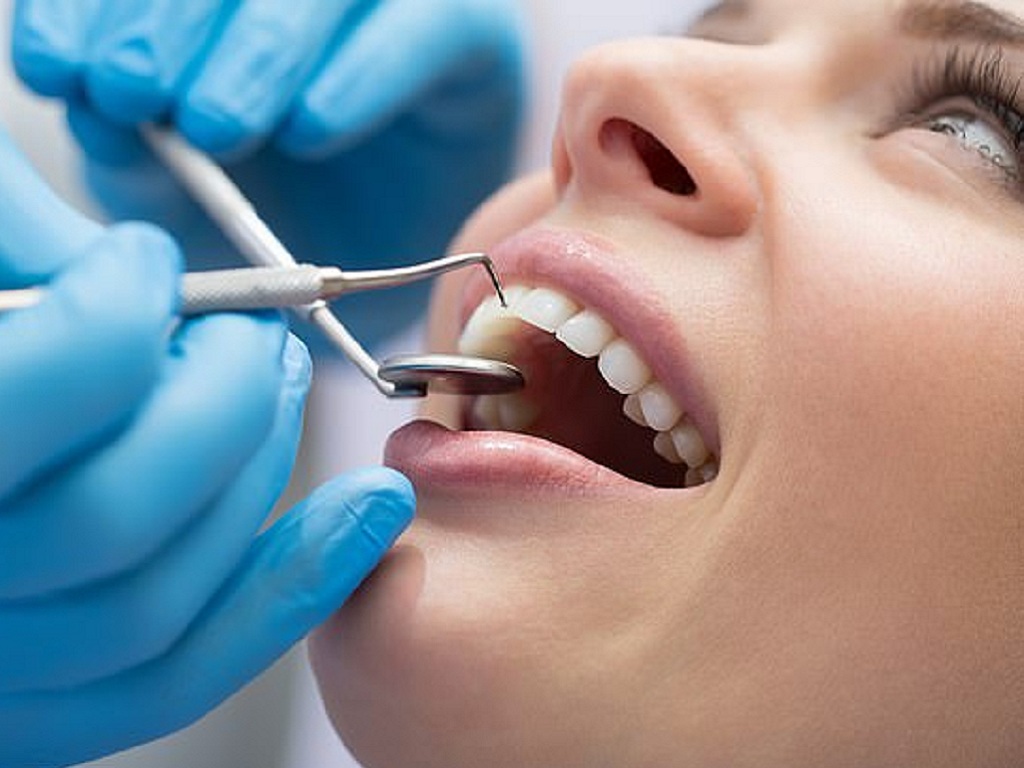
For many different reasons, tooth decay can return after filling.
Teeth become sensitive when bacteria and acids eat away at the enamel and expose the underlying dentin. If left untreated, tooth decay can progress to the blood vessels, nerves, and root canals of the tooth. Eventually, the tooth dies and must be removed.
To prevent this, the dentist will fill the decayed tooth. The filling process begins with cleaning and removing plaque in the cavity with a dental drill, then filling the cavity with amalgam, composite or glass ionomer. Readers can read more about this article on the health page on May 6.
Young man nearly died after sneezing caused a stroke and passed out
An American college student nearly died after a sneeze caused a stroke. Just before he lost consciousness, he managed to call his mother and girlfriend for help.
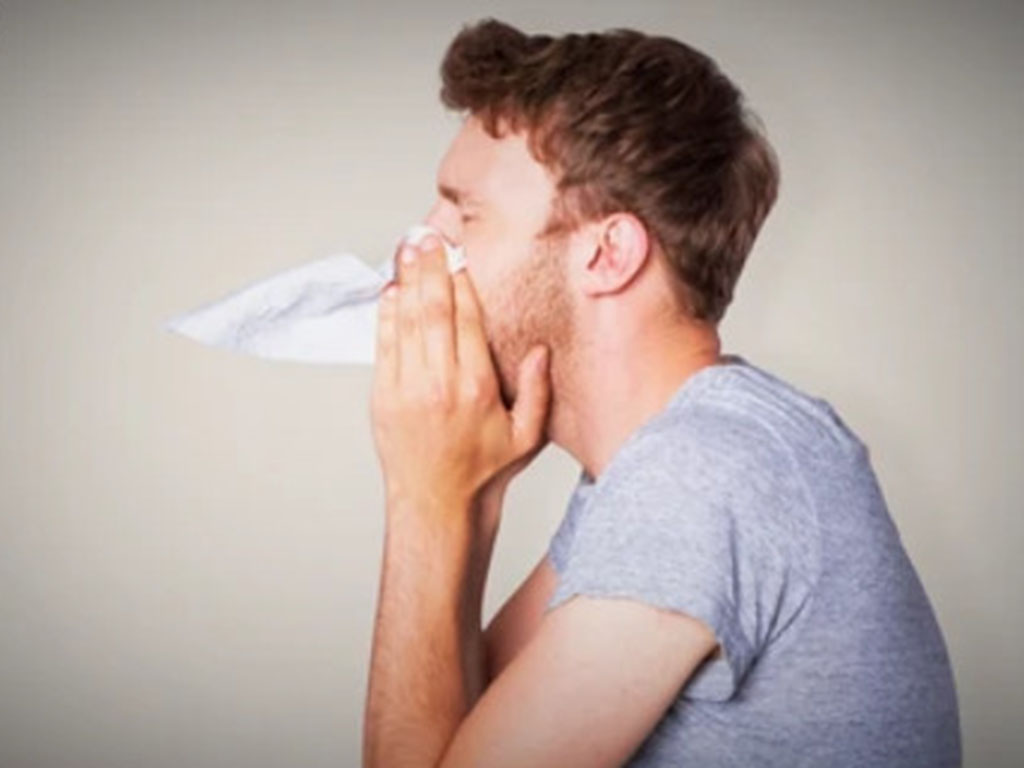
An American student nearly lost his life after a sneeze caused a stroke.
Sam Messina, a student at the University of Alabama (USA), recounted a terrifying moment: After sneezing, he saw blood coming out of his nostrils. He was scared: "My brain almost exploded and blood came out of my nostrils. I thought I was dead."
After waking up, the patient had tingling in his hands and blurred vision, which is when doctors realized he had a brain hemorrhage.
After emergency surgery, doctors ran more tests and discovered that Sam had an arteriovenous malformation (AVM), a neurological condition that causes a disorder in the blood vessels that connect arteries and veins in the brain. Start your day with health news to see more of this article!
Source link








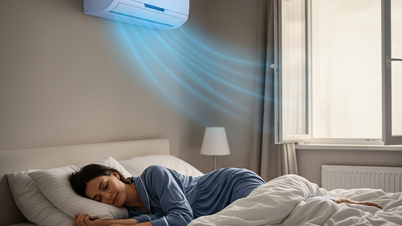
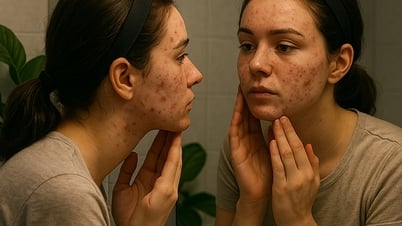





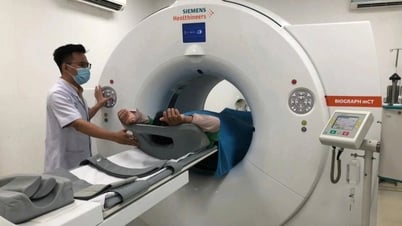








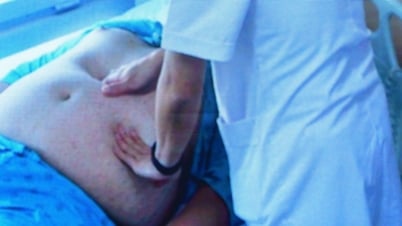

![[Photo] Central Propaganda and Mass Mobilization Department meets with exemplary journalists](https://vphoto.vietnam.vn/thumb/1200x675/vietnam/resource/IMAGE/2025/6/21/9509840458074c03a5831541450d39f8)














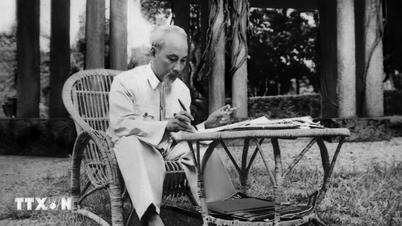










![[Maritime News] Wan Hai Lines invests $150 million to buy 48,000 containers](https://vphoto.vietnam.vn/thumb/402x226/vietnam/resource/IMAGE/2025/6/20/c945a62aff624b4bb5c25e67e9bcc1cb)


















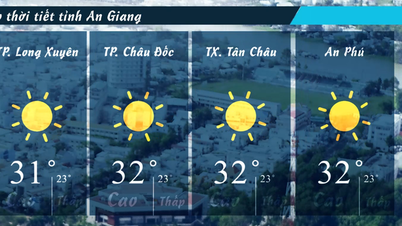





















Comment (0)